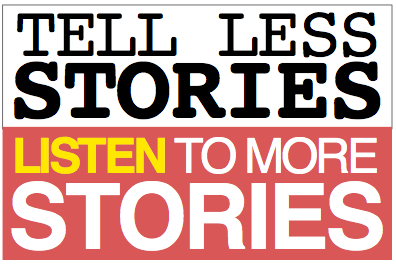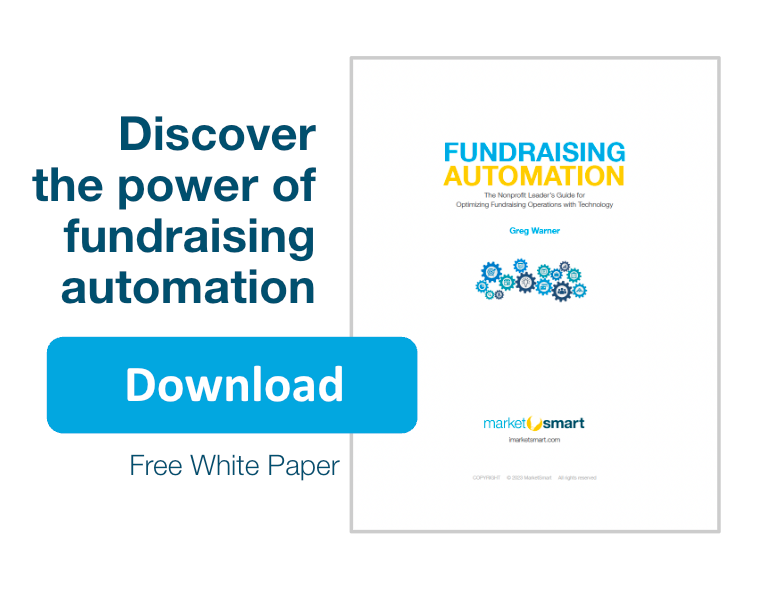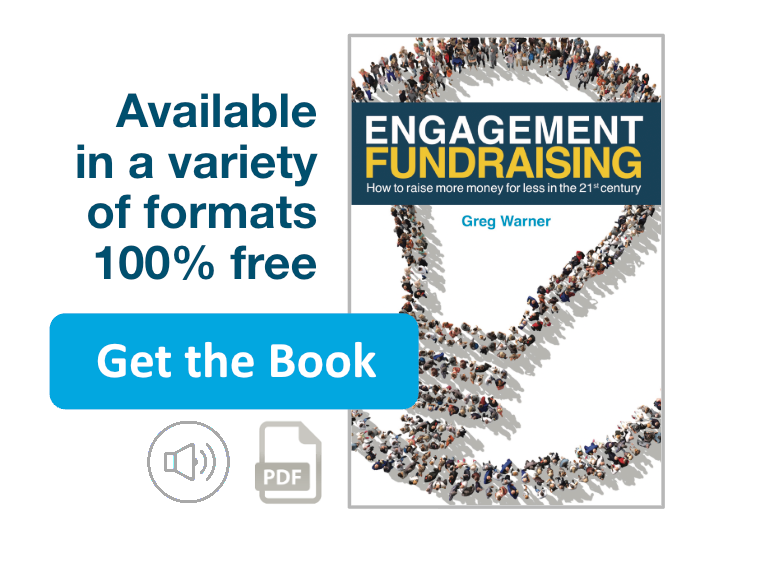 I bet you already know that each and every one of your supporters has a unique reason why they first got involved with your organization— their story.
I bet you already know that each and every one of your supporters has a unique reason why they first got involved with your organization— their story.
But you probably don’t know each of their stories. And, you probably haven’t asked each of them to tell you their story. Here’s why you should:
- Several researchers have concluded that your donor’s life stories influence their charitable bequest decision-making. For instance, if your hospital saved your mother’s life you’d be more inclined to give to them, wouldn’t you? And if a professor back in college encouraged you to take a path for you career that benefited you tremendously, you might be you might be willing to consider a gift to your college, right?
- Other research has found that your donors think about their lives (in other words, they visualize their autobiographies) when they consider a charitable bequest. They review their lives and search for a connection between your organization and their life stories. They dig deep to decide whether or not your mission aligns with theirs. They think about their core values and how they can live on (and continue to make a difference) even after their time on earth is over. And they do all of this in an instant. Less than a second! That’s how much time you get. You need to motivate them or they’ll avoid the subject entirely.
- Asking your supporters to tell you their life stories will flatter them. If a salesperson want to sell me something, they’d be wise to avoid talking too much about their product right off the bat. Instead, I’d recommend they walk into my office and say, “Wow, this business is great! How did you start it?” Similarly, you shouldn’t talk about your organization when you first meet a supporter. Instead, ask them about THEM. Everyone likes to talk about their favorite person— themselves. Doing so will give your supporters something they will enjoy. It’ll make ‘em feel good. Remember, fundraising is all about the donor and their wants, needs, and desires not about how awesome your organization is.
- Storytelling exercises put your donors in the right state of mind so you can move them forward in the major or charitable bequest decision-making process. Too often nonprofits try to find out what kind of gift a supporter would like to make. Gift of assets? Real estate? CRUT? CGA? Bequest? But all that can only happen after your prospect has gone through an autobiographical exercise. That’s just the way it works. You can’t put the cart before the horse. So stop trying.
Since your organization is already part of their life story, it’s your job to connect the dots. But you can’t do that without knowing their life story and helping them align their values with a major gift or bequest commitment. You need to facilitate the development of their personal connection with your mission on a deeper level. The degree to which you do this will correspond directly with your chances of getting a gift.
So while lots of people talk about telling stories about their organization’s impact on donors, I think you need to spend just as much, if not more, time getting donors to tell you their stories.




